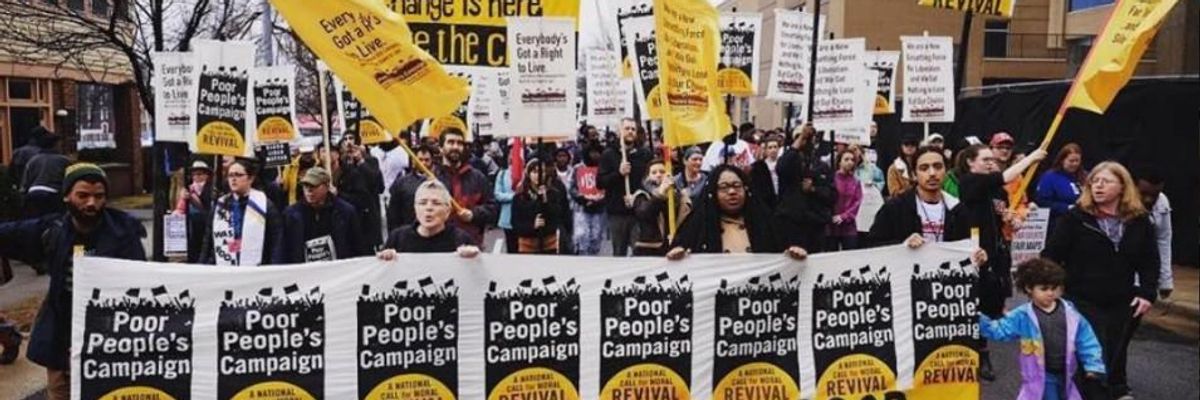Racism is often viewed as an action performed by individuals. But even if we got rid of all America's prejudiced individuals, racism would still exist in the systems they built.
Systemic racism, writer Jenee Desmond-Harris explains, refers to how racial disparities operate "in major parts of U.S. society: the economy, politics, education, and more."
Racism, in other words, isn't just someone using a racial slur. It's also the poor schooling in predominantly black and brown neighborhoods, the racial wealth gap, housing discrimination, mass incarceration, police killings of unarmed black and brown people, higher infant mortality rates for people of color, and unequal access to health care.
As governments struggle to address (or even acknowledge) these racial inequalities, officials in Milwaukee, Wisconsin decided to take a unique approach by declaring racism a public health crisis.
Milwaukee is one of the most racially unequal cities in the country, coming in at No. 2 last year on a list of "The Worst Cities for Black Americans" by 24/7 Wall Street, a financial news site. The report blamed Milwaukee's discriminatory housing policies throughout the 20th century for the city's current inequality.
Citing research by the University of Wisconsin-Madison, it noted that "16 of the 18 suburbs of Milwaukee County enacted restrictive housing covenants in the 1940s, many of which remained in effect into the 1960s and 1970s." This segregation contributed to deep income and wealth inequality today.
Even now, the typical black household in Milwaukee earns less than half the typical white household. And "while the white poverty rate in Milwaukee of 7.6 percent is one of the lowest in the country," the report notes, "the black poverty rate of 36.4 percent is among the highest."
When it comes to imprisonment, the story is the same. Black people in Wisconsin are locked up at nearly 11 times the rate of whites, and more than half of Milwaukee's black people in their 30s have served time behind bars.
In the end, where does all this lead? Across the state of Wisconsin, it means black people live about six years fewer than white people, with even greater disparities at the local level.
By declaring such racism a public health crisis, Milwaukee County officials are committing to put racial equity at the core of all city procedures, to advocate for policies that improve health in communities of color, and to train their employees on how racism impacts residents.
Finally, they hope to encourage other local, state, and national officials to recognize racism as a public health issue. "We have a moral imperative to put our indifference aside in the face of injustice," said Milwaukee County Executive Chris Abele, and to "ensure every resident in every neighborhood benefits."
Abele couldn't be more right. Like the late great Martin Luther King, Jr. said, "injustice anywhere is a threat to justice everywhere."
Black Americans deserve an end to racial inequality, but eradicating systemic racism would strike at the heart of inequalities that hold down Americans of all colors. The solutions can be complex, but bold ideas like Milwaukee's are a great start.



